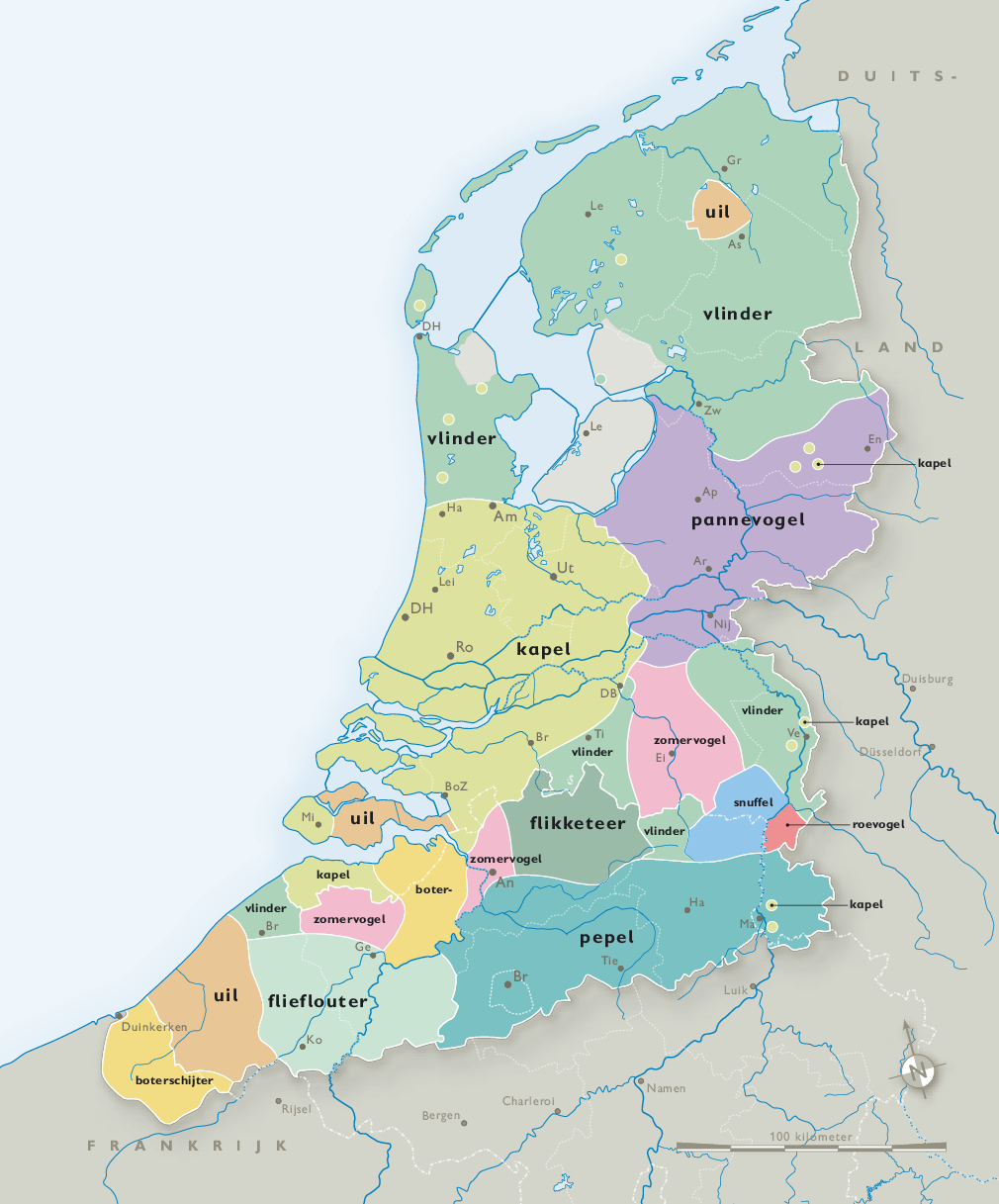RobWords? Yep, RobWords. He’s got some interesting video’s!
- 3 Posts
- 75 Comments
I agree that adding a tag or warning might be useful. But it’s also an option to just block it for a week or so. Like you would do if you read the webcomic directly on their website. Hope you’re doing well in any case!

 1·2 months ago
1·2 months agoIs there a generic (non-brand) name for these boiling-water faucets? (That’s not a mouthful like “boiling-water faucets”). I think we call them quookers here, which is also a brand name, and I slightly dislike that practice. I mean, “brand name for generic thing” is very common, but the brands and things differ per country, so it’s like a layer of jargon to decipher.
Put that thing back where it came from, or so help me…

 5·3 months ago
5·3 months agoExtrapolated from the relevant information in the post (a single data point), that is a solid hypothesis.

 8·3 months ago
8·3 months agoI do my time tracking in org-mode, and export it to JIRA once a day or so. It is quite a specific/tailored setup, written in a mix of elisp and, well, org-mode (specific names and tags are used to configure some settings), but I’d love to look at this tool to see if I can extend my workflow by using it for the “massaging into a nicer shape” part. I might end up writing some extensions for either side (org-mode input format and JIRA REST calls output format).
My current tooling quantizes everything by rounding start and end times to the nearest full 15 minutes, and starting a new task at the end time of the previous one when clocking in, so that my team lead does not have to report so many fractions of hours to higher layers.
I hear the GOAT is even better.

 3·3 months ago
3·3 months agoDie drie seconden dat je denkt dat het om een sequoia gaat.
No need. Only the average Dutchman. And he’s only average, so…
 2·4 months ago
2·4 months agoSomething like
tac | head | tac, I guess? Yes, that’s a valid use case indeed :)
 3·4 months ago
3·4 months agoI mean… it’s nice that it exists and all, but I can’t really think of many useful usecases.
 2·4 months ago
2·4 months agoHeh, no, but they do have a nice set of man pages and other documentation online. I prefer NixOS. Easier keeping track of configuration, easier rolling back of (and experimentation with) new stuff.
 8·4 months ago
8·4 months ago

 181·4 months ago
181·4 months agoI don’t think their “No” was a disagreement, but a confirmation of your second line. https://ell.stackexchange.com/questions/88502/how-to-agree-with-a-negative-statement-with-yes-or-with-no Sometimes, language can be a tricky tool to wield.
That fills me with determination.
Was the solution there to just boot an older/previous kernel?
I wonder if there is a point where the graphs of “perceived effect on the water” cross for both this experiment and homeopathy, and what that means.
Probably understood that in the wrong direction. Ze (eng. phon.) would be spelled more like “sie” (ger. phon.) and would sound like “the” with a German accent. They would become either dey (eng. phon.) or zey (eng. phon.), spelled like “deej” or “seej” (ger. phon.), or even without the y (or j) at the end.
I think. I’m neither native German or English.










I was thinking of another comic, which looks kinda similar to the one that’s already linked.